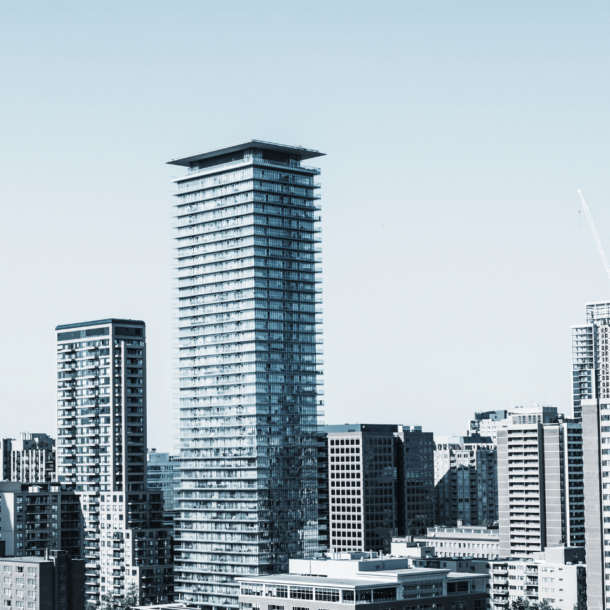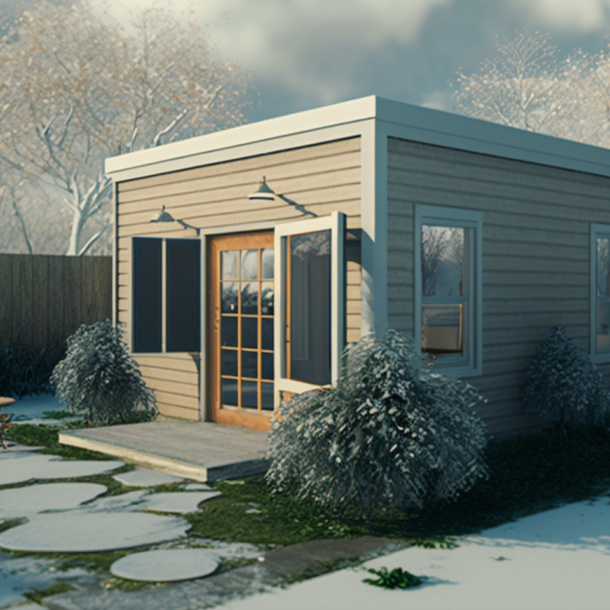
Ensuring Compliance and Approvals: Legal and Permitting Requirements for Garden Suites in Brampton
Ensuring Compliance and Approvals: Legal and Permitting Requirements for Garden Suites in Brampton
Many communities are resorting to creative solutions like garden suites to address difficulties as metropolitan regions deal with increased population density and a growing need for sustainable housing options. Garden Suites in Brampton, commonly referred to as Accessory dwelling units (ADUs), present a promising chance to add more living space inside already-existing residential buildings. The thriving Canadian city of Brampton is embracing this trend as a way to advance housing variety and affordability while assuring appropriate urban growth.
Before beginning the process of constructing a garden home, homeowners must be aware of the laws and regulations set forth by the city of Brampton. Avoiding expensive fines, project delays, and potential legal problems requires adherence to these standards. This article will examine the main legal and permitting procedures for garden apartments in Brampton.
Permits for Building
Obtaining the necessary building permits is one of the primary legal prerequisites for constructing a garden suite in Brampton. Homeowners must submit comprehensive building plans and specifications to the city’s Building Division for inspection and approval. These designs must adhere to the Ontario Building Code and other relevant regulations.
During the thorough building permit process, various aspects such as structure, wiring, plumbing, and safety factors are evaluated. To ensure compliance with safety regulations and regional building requirements, it is essential to hire qualified architects or engineers for the construction of the garden suite. This step helps ensure that the project meets all necessary safety standards and legal guidelines.
Approving the Site Plan
Any large construction, including garden suites, normally requires site plan approval in Brampton. The site plan approval process assesses the new structure’s compatibility with the existing property and its impact on the surrounding environment. Factors such as parking, landscaping, and stormwater management are carefully evaluated during this process.
Homeowners must work closely with city planners and specialists to develop a comprehensive site plan that addresses all relevant concerns and aligns with the city’s development objectives. Once the site plan is approved, construction can proceed, ensuring that the project adheres to the city’s guidelines and contributes to a harmonious integration of the garden suite into the existing property and neighborhood.
Regulations and Rules
Zoning laws heavily influence where and how garden suites can be constructed in Brampton, as well as their permitted uses. Depending on the property’s zoning classification, garden suites may or may not be allowed, making it crucial for homeowners to be aware of these regulations. Certain areas of the city may only permit garden suites, and it is essential to follow these zoning ordinances.
Additionally, Brampton’s zoning ordinances specify various dimensions for garden suites, including height, setbacks, and size. Enforcing these ordinances is essential to prevent any disruption to the neighborhood’s character and to ensure that new constructions blend seamlessly with the surrounding environment. Homeowners seeking approval for their garden suite projects must carefully read and adhere to these zoning regulations to ensure compliance and a smooth construction process.
Licenses for Supplemental Apartments
In Brampton, garden suites are commonly utilized as auxiliary flats, providing a second home on the property. To lawfully rent out the garden suite, homeowners must obtain the necessary supplemental apartment license from the city.
Inspections are often part of the licensing procedure to ensure that the suite meets health and safety requirements. It is crucial to adhere to these guidelines to avoid legal issues and penalties for operating an unlicensed supplemental unit. Obtaining the required license and complying with all regulations is essential to maintain compliance with the city’s laws and ensure the smooth operation of the garden suite as a rental property.
Considering Heritage and Preservation
If a property is located near a historically significant site or falls within a district designated for heritage conservation, additional permissions may be required for constructing a garden suite. Authorities in charge of heritage and conservation will review applications for garden suites to ensure they do not compromise the historical integrity or cultural significance of the area.
Before commencing a garden suite project, homeowners should be mindful of any heritage-related rules or regulations that apply to their property. Being aware of and adhering to these guidelines is essential to protect and preserve the historical and cultural heritage of the region while still contributing to the development of sustainable and compatible housing options.
Conclusion
Garden houses present a promising answer for Brampton’s housing needs, supporting variety and sustainability in housing. Before beginning a project to build a garden suite, homeowners must be fully aware of the legal and permitting procedures.
Key considerations include zoning and regulations, obtaining construction permits, securing site plan approval, addressing heritage concerns, and obtaining the necessary accessory apartment licensing. By taking these factors into account and collaborating closely with city authorities and professionals, homeowners can ensure a smoother and compliant garden suite project in Brampton.
Adhering to these rules not only expedites the clearance process but also aligns with the city’s objective of responsible urban development. Moreover, it contributes to increased affordability and comfort within the neighborhood. By embracing garden suites and navigating the necessary procedures, homeowners can play a vital role in shaping Brampton’s housing landscape in a sustainable and community-conscious manner.
Quick links
Head Office and Design Center
Operating Hours
Monday to Friday : 9AM – 6PM
Saturday : 10AM – 5PM
Sunday : By appointment only


